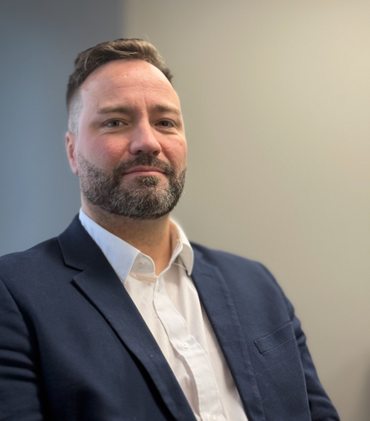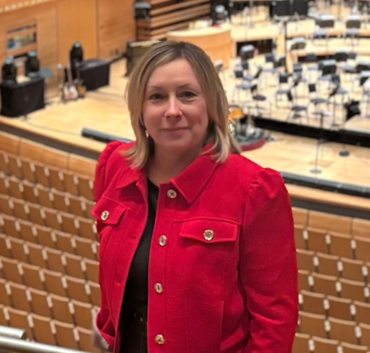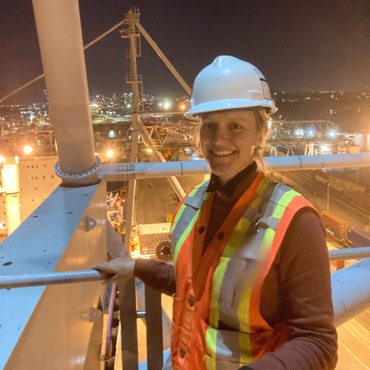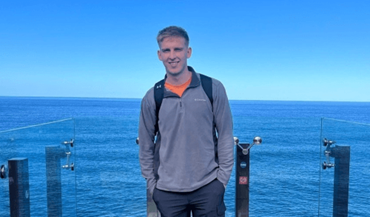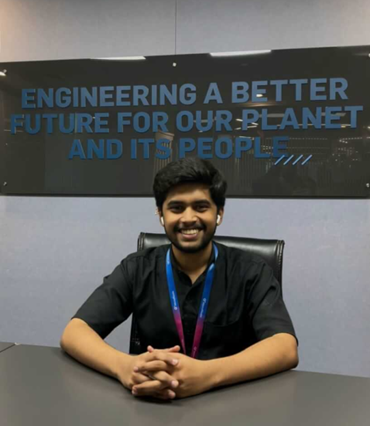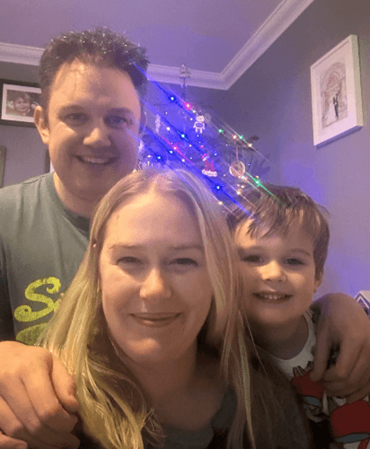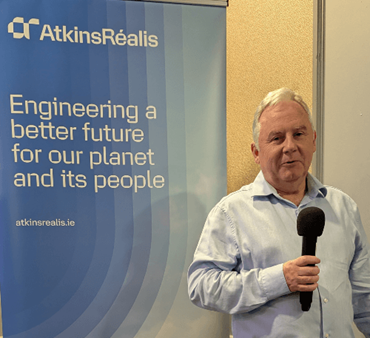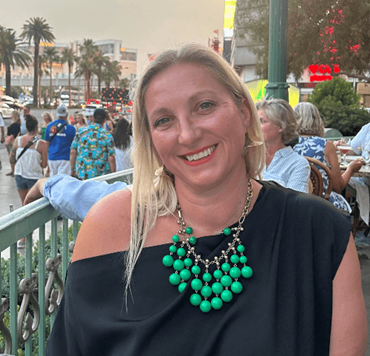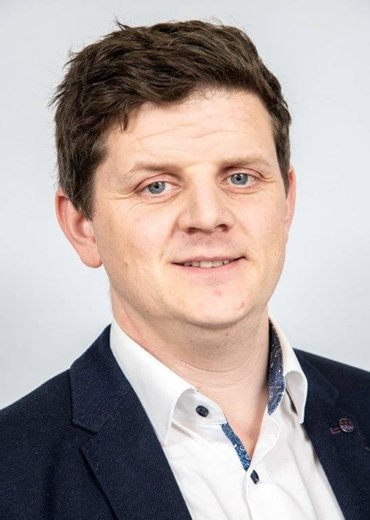Let’s find your next opportunity
AI Assistant: {{ chat.assistant.message }}
Suggested roles matches
Sort By
{{ job.job_posting_title }}
{{ job.is_cms_job ? (job.cities.split(';').length > 1 ? 'Various locations' : job.location_mappings[0]) : (job.location_mappings.length > 1 ? 'Various locations' : job.location_mappings[0]) }}
We are sorry there are no jobs that match your exact criteria. Try a new search term, or use the filters to continue browsing for available opportunities.
Suggested roles matches
{{ job.title }}
{{ [job.cities[0], job.regions[0], job.countries[0]].join(', ') }}
Various locations
We are sorry there are no jobs that match your exact criteria. Try a new search term, or use the filters to continue browsing for available opportunities.
Let’s find your next opportunity
{{ job.job_posting_title }}
{{ job.is_cms_job ? (job.cities.split(';').length > 1 ? 'Various locations' : job.location_mappings[0]) : (job.location_mappings.length > 1 ? 'Various locations' : job.location_mappings[0]) }}
Hi, I'm Moustafa Y Mahmoud, Director of Sustainability at AtkinsRéalis. My work here is all about engineering a better future for our planet and its people, but it's not just about the big picture. It's also about how we operate day-to-day, starting with the way we treat each other and ourselves. For me, that means recognizing that the diversity of our minds—how we think, solve problems, and approach challenges—is just as important as the diversity of our projects. My ADHD diagnosis took me on a journey of understanding how different brains work.
This journey has been both a challenge and a gift. It became clear that neurotypes are not just a label, but each type is a lens through which neurodivergent individuals see the world—and a tool that can sharpen their creativity and fuel their drive to innovate in the right environment. Different thinking processes create space for unique problem-solving, allowing for capacity to see possibilities where others might see limits. In a field like sustainability, where the future depends on our ability to think differently, this has become one of my greatest strengths.
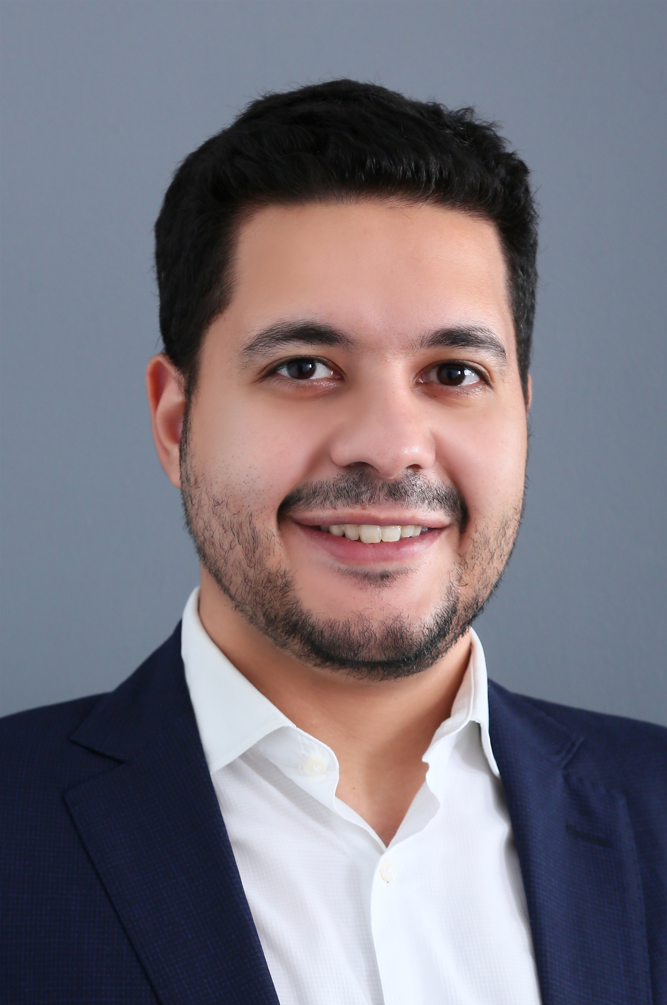
Creating environments for neurodivergent minds to thrive
Supporting neurodivergent employees begins with a fundamental shift in how we create roles and initiatives. It's not enough to simply make accommodations; we must involve neurodivergent individuals in the design process itself. By doing so, we ensure that creativity and out-of-the-box thinking—traits often inherent in neurodivergent individuals—are not only acknowledged but actively nurtured.
A practical approach includes offering sensory-friendly work environments and flexible working conditions. These aren't just perks but necessary foundations that allow neurodivergent employees to perform at their best. When we create environments that respect the sensory and cognitive needs of all employees, we unlock a deeper well of innovation and productivity.
AtkinsRéalis has been instrumental in my professional journey, not just by providing opportunities for career advancement, but by recognizing and valuing the unique contributions that come with neurodiversity. The company has fostered a culture where my perspectives are not only heard but actively sought after. This support has empowered me to contribute meaningfully to projects that align with my passions while advocating for a more inclusive work environment.
We understand that our capacity to serve our clients and the planet begins with the environment we create for ourselves. By embracing neurodiversity, we unlock the full potential of our teams, ensuring that our solutions are as diverse and dynamic as the challenges we face. My experience has taught me that true progress comes when we embrace the fullness of who we are, using our unique strengths to push beyond what's expected and build a future that's truly sustainable—for our clients, our planet, and ourselves.
Resources and strategies for thriving
The resources for neurodivergent employees at AtkinsRéalis extend beyond the standard accommodations. We have a dedicated Neurodiversity Employee Resource Group (ERG) that serves as a community for support, mentorship, and advocacy. This group provides a space where neurodivergent individuals can share their experiences, learn from each other, and push for the changes needed to thrive. Additionally, tailored training programs and mental health resources are available, providing the tools necessary to navigate challenges and build on strengths. These resources ensure that neurodivergent employees are not just surviving in the workplace but thriving.
Thriving in the workplace, especially as a neurodivergent individual, requires a blend of structure and self-awareness. I rely on clear communication and task management tools to stay organized and focused. I have also learned to simply read the room, understand where I can contribute, and bring value. However, it's just as crucial to listen to my body and mind, recognizing when my productivity and social batteries are low.
On a personal level, I've developed active rest routines—whether through mindfulness, physical activity, or simply disconnecting—that help me recharge. Understanding that you can't pour from an empty cup has been a vital lesson. Rest, I've learned, is not just a break from work but an integral part of maintaining the quality of my work.
I ensure there is time carved out for family and personal interests because these moments are where I draw my strength and creativity. Mindfulness practices and staying physically active are essential tools in managing stress, helping me maintain a sense of equilibrium. I've also come to understand the importance of seeking support when needed—whether from colleagues, family, or professional networks. This support system is a reminder that managing stress isn't about doing it all on your own but about recognizing when to lean on others.
Empowering neurodivergent leadership
To truly support the growth and success of neurodivergent individuals, companies need to think beyond the hiring process. It's about creating career paths that are tailored to the strengths of different neurotypes, offering opportunities that lead to seniority and leadership roles. We've seen that some of the most disruptive and innovative companies, from Silicon Valley and beyond, are often led by neurodivergent individuals. These leaders are frequently highlighted for their "unusual" ways of working, but the truth is, it's not unusual—it's just about ensuring that employees are empowered and their needs are accommodated.
What might seem unconventional on the surface is, in fact, a reflection of how crucial it is to create environments where neurodivergent individuals can thrive. These leaders have shown that when companies adapt to the needs of their employees—providing the right accommodations, flexibility, and support—innovation and success naturally follow.
Training and raising awareness among HR professionals and managers are essential to this process. They need to be equipped with the knowledge and tools to support neurodivergent employees in ways that go beyond standard practices. This might involve providing ongoing feedback, making necessary accommodations, or simply fostering an environment of open communication. When companies commit to this level of support, they not only empower neurodivergent employees to succeed but also enhance their overall capacity for innovation and progress.
The power of neurodiversity in innovation
Neurodiversity is a powerful driver of innovation and progress. My experience has shown me that when we embrace our differences and work to create environments that celebrate them, we can achieve extraordinary things. Advocacy is not just about making room for neurodivergent individuals—it's about fundamentally changing how we see and value each other in the workplace. Let's continue to build a world where every person's unique contributions are recognized and where diversity in all its forms is not just accepted but celebrated.
At AtkinsRéalis, our dedication to fostering an inclusive workplace is unwavering. By championing ED&I, we aim to create an environment where every individual can thrive, contribute, and feel valued for their unique perspectives. To learn more about our ED&I initiatives and how we are actively working to promote a more inclusive workplace, please visit our ED&I page. Together, we can drive meaningful change and foster innovation that benefits our clients, our planet, and our communities.
Related blogs
Related jobs
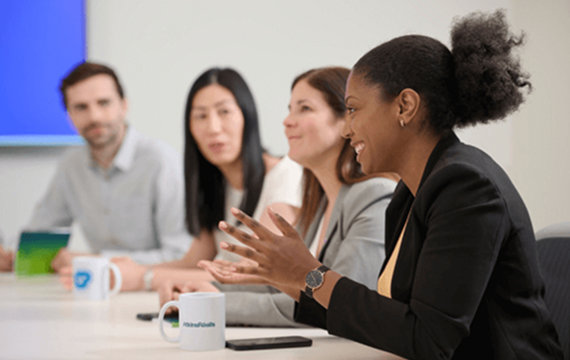
Everyone belongs
We empower each individual to shine and contribute to our collective impact. We believe in the power of unique perspectives. It’s how we’re engineering a better future every single day.


